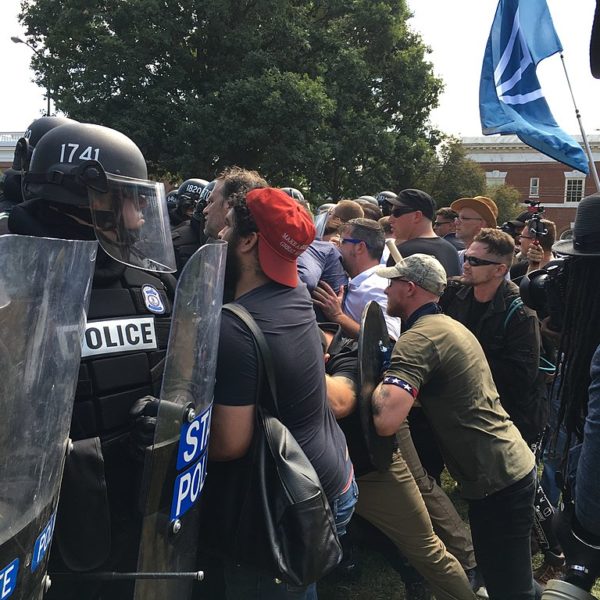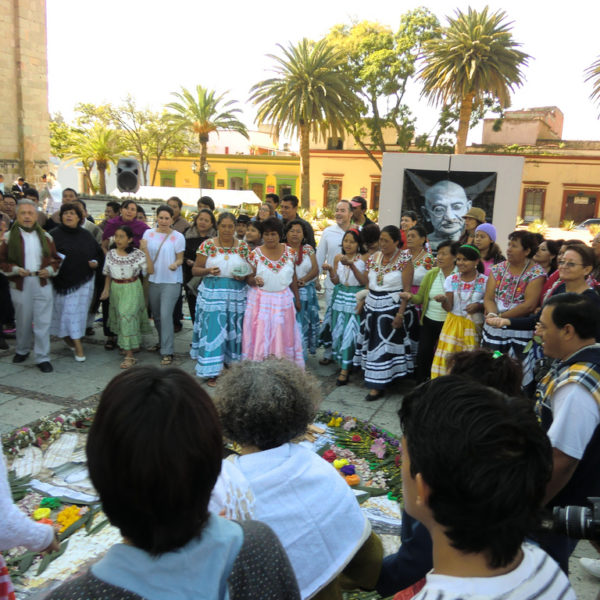
Socially, economically, and politically the time of COVID-19 in the Pacific has been a mixed one. In one way it has been apocalyptic (literally an “uncovering” or “unmasking”); truths about the region’s true political economy can no longer be denied. On the other hand, the COVID-19 era has provided opportunities for governments to “mask” and cover up inconvenient truths of the region.

Advent is the season between the comings, the space of absence in which we await the Divine visitation. Might it also be a space of resistance, wherein we reimagine our identities and, in so doing, perhaps even become the kind of presence in the world we so desire?

Christians in Hong Kong have found their public voice in protests against the Extradition Bill and their calls for human dignity.

Christians are called not to ignore despair, but to help sow joy in its wake; not to condone hate, but to be all the more zealous in their own loving in its face. The politics of overcoming evil are about neither ignoring nor condoning evil, but rather, fighting it with the strongest power possible—love.

Later Calvinist texts, like the famous Vindiciae, Contra Tyrannos, would go further than the Reformer and claim natural law defenses for resistance.[1] I want to contend that Calvin’s principles provided a basis for this kind of argument, even though Calvin did not take this route in his own thinking. And the place to begin this line of argument, I think, is with his comments on the sixth commandment.

…Just considering very recent history, from the Arab Spring to South Sudan to Ukraine, revolution and resistance has been a very real part of our world. The popularity of this idea in cultures spanning the planet gives the political theologian pause. Is the apparent widespread support for this kind of act an expression of common grace, a preservation of the light of practical reason in spite of the fall? Or is it simply an expression of the rebellion bound up in the heart of our fallen species?

At the very least we might say that both nonviolence and pacifism should attempt to understand and redirect violence. And maybe we should shelve the tired terms for a spell and speak of life-giving or death-dealing acts, which might reframe exhausting debates about property destruction. Pacifism should not be at odds with physical force, with the force of physicality such as sit-ins, strikes, human chains, roadblocks, or even strategic property destruction.




